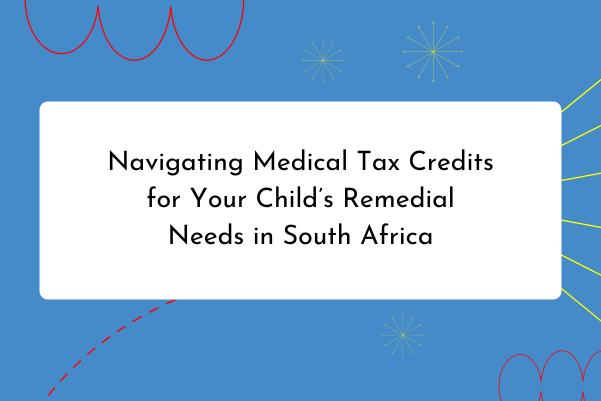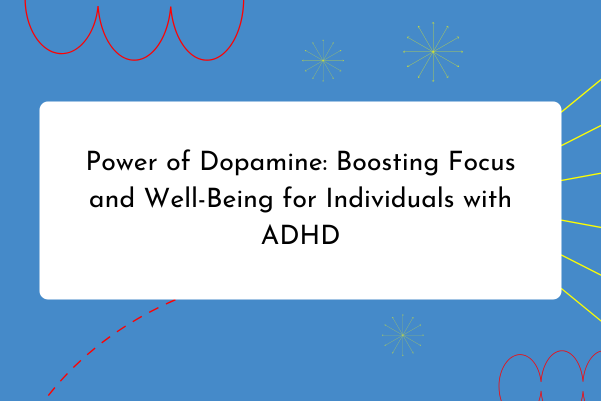Understanding Bipolar Disorder in Children
Bipolar Disorder is a mental health condition characterized by extreme mood swings that include emotional highs (mania or hypomania) and lows (depression). In children, these mood swings can be intense and may significantly affect their behavior, school performance, and relationships.
Signs Your Child Might Have Bipolar Disorder
Recognizing bipolar disorder in children involves observing significant changes in mood and behavior. Common signs include:
- Manic or Hypomanic Episodes: These may include excessive energy, euphoria, irritability, or overly impulsive behavior. Your child might talk rapidly, have racing thoughts, or engage in risky activities.
- Depressive Episodes: Symptoms may include prolonged sadness, withdrawal from friends and activities, changes in sleep or appetite, and difficulty concentrating.
- Mood Swings: Noticeable and dramatic shifts between high and low moods that last for days or weeks.
How to Support Your Child with Bipolar Disorder
Supporting a child with bipolar disorder requires understanding their condition and helping them manage their symptoms effectively. Here’s how you can make a positive impact:
- Learn About Bipolar Disorder
Educate yourself about bipolar disorder to better understand your child’s experiences. Knowledge about the condition can help you provide more empathetic and informed support. - Maintain Consistent Routines
A stable daily routine can help manage mood swings. Regular schedules for meals, sleep, and schoolwork provide a sense of stability and predictability. - Encourage Healthy Lifestyle Choices
Promote balanced eating, regular physical activity, and good sleep hygiene. Healthy habits support overall well-being and can help stabilize mood. - Develop Coping Strategies
Teach your child coping mechanisms to manage stress and mood fluctuations. Techniques like deep breathing, journaling, and engaging in calming activities can be beneficial. - Communicate Openly
Foster an environment where your child feels safe to talk about their feelings. Open communication helps them express their emotions and reduces feelings of isolation. - Set Realistic Goals
Work with your child to set achievable goals and celebrate their progress. This helps build self-esteem and provides motivation. - Seek Professional Help
Consult a mental health professional for an accurate diagnosis and treatment plan. Medications and therapies such as cognitive-behavioral therapy (CBT) are commonly used to manage bipolar disorder. Regular follow-ups with a healthcare provider are crucial for effective treatment. - Support Their Treatment Plan
Ensure your child adheres to their prescribed treatment plan. Support from family can be instrumental in managing bipolar disorder and maintaining stability.
Conclusion
Bipolar Disorder in children involves managing significant mood swings and emotional changes. By understanding the condition, supporting healthy routines, and working closely with healthcare professionals, you can help your child navigate their challenges and lead a fulfilling life.


